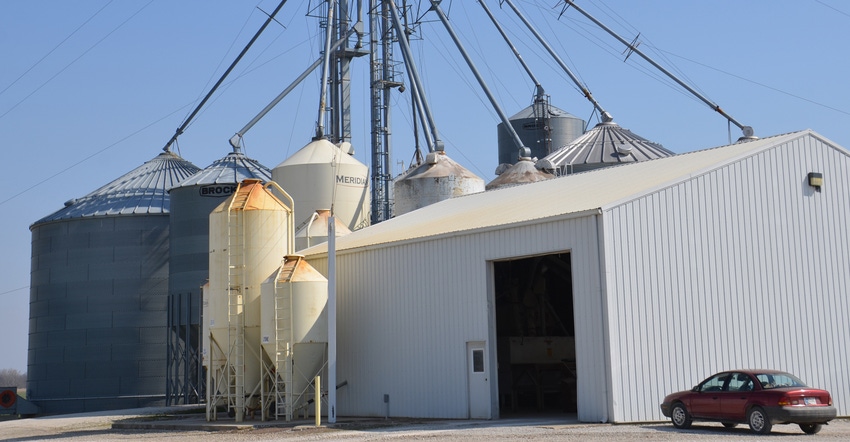April 30, 2018

There are numerous reasons why a farmer may want to grow his or her operation. They include reducing per-unit costs, improving profit margins, improving asset utilization, bringing in new family members, investing retained earnings and more fully utilizing the skills of key managers.
Reduction in per-unit costs and improvement in profit margins and asset utilization are related to economies of size. As farms become larger, fixed costs per unit of production decline. These fixed-cost declines are typically related to equipment and labor costs.
In addition, as farms expand, they’re often in a better position to purchase and adopt new technology. These technologies often reduce per-unit machinery and equipment costs and improve labor productivity.
Farm growth is a consequence of reinvesting retained earnings. The relatively larger operating profit margins per unit of output combined with higher output levels allows larger farms to reinvest more of their earnings into the business. For many small and medium-size farms, salaries, withdrawals and payouts to the business owners and managers account for a relatively high percentage of the farm’s annual earnings, resulting in fewer funds that can be used to reinvest in the farm business.
The larger absolute amount of retained earnings for larger-scale farms means these farms can acquire more resources and increase their output more rapidly than a smaller-scale business that needs most of its earnings to support withdrawals or payouts to managers.
Other reasons
Besides economies of size, there are many other reasons why farms expand. Many managers are motivated to expand their businesses to provide more opportunities to employ skill sets of an increasingly capable management team, or to bring in another family member or key employee. Growth often allows managers to focus on one or two aspects of the business rather than trying to manage all aspects of the business.
Growth can also allow a farm to capture pecuniary economies of size. These economies of size may relate to input purchases and output sales. Larger farms often can purchase inputs, such as seed, at a relatively lower per-unit cost and sell products at a relatively higher per-unit price. In addition, buyers of products often prefer to do business with fewer firms, and will provide preferred supplier incentives to businesses with larger and growing volumes.
Langemeier is a Purdue University agricultural economist on the staff of the Purdue Center for Commercial Agriculture. He writes from West Lafayette, Ind.
About the Author(s)
You May Also Like






